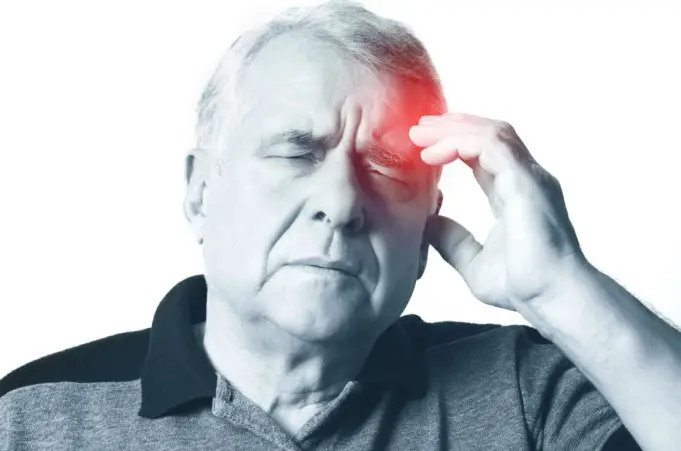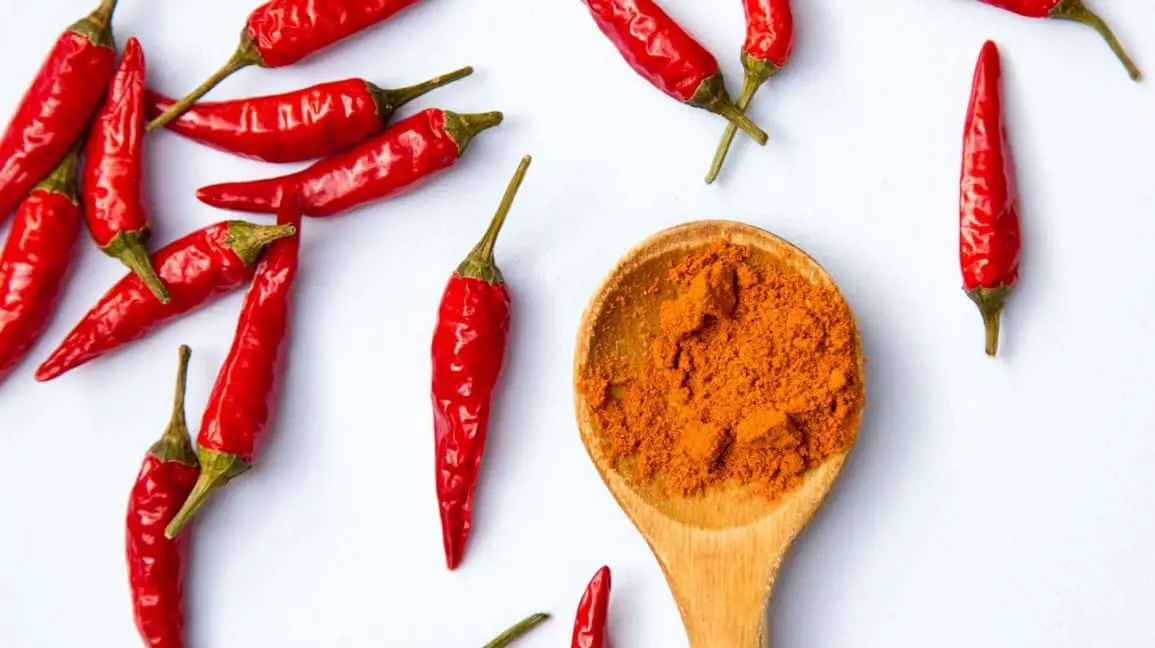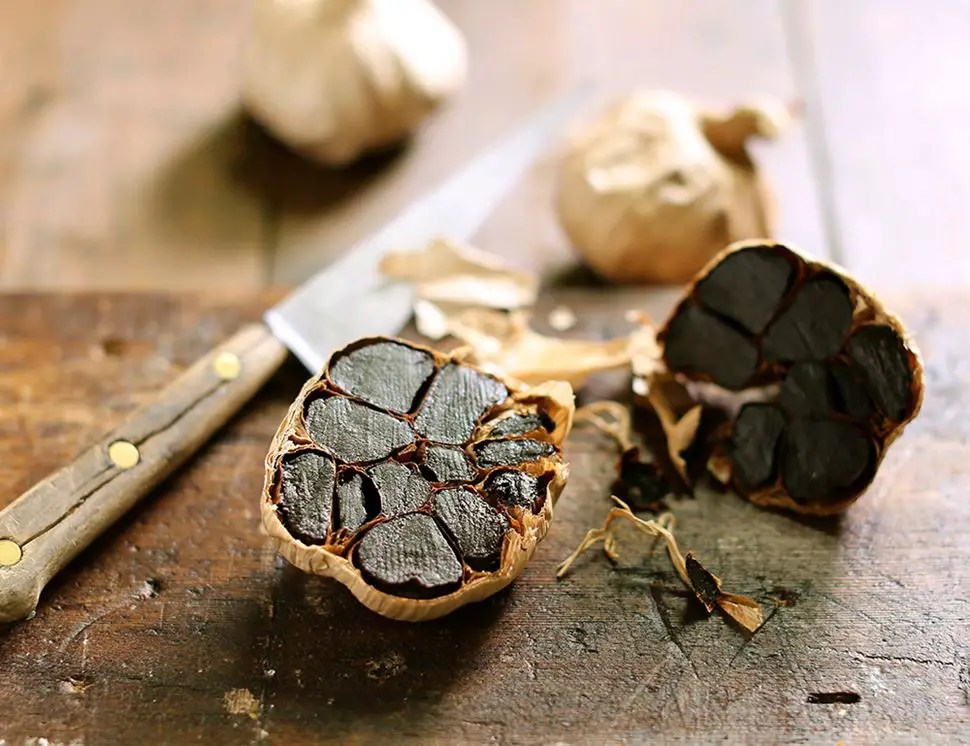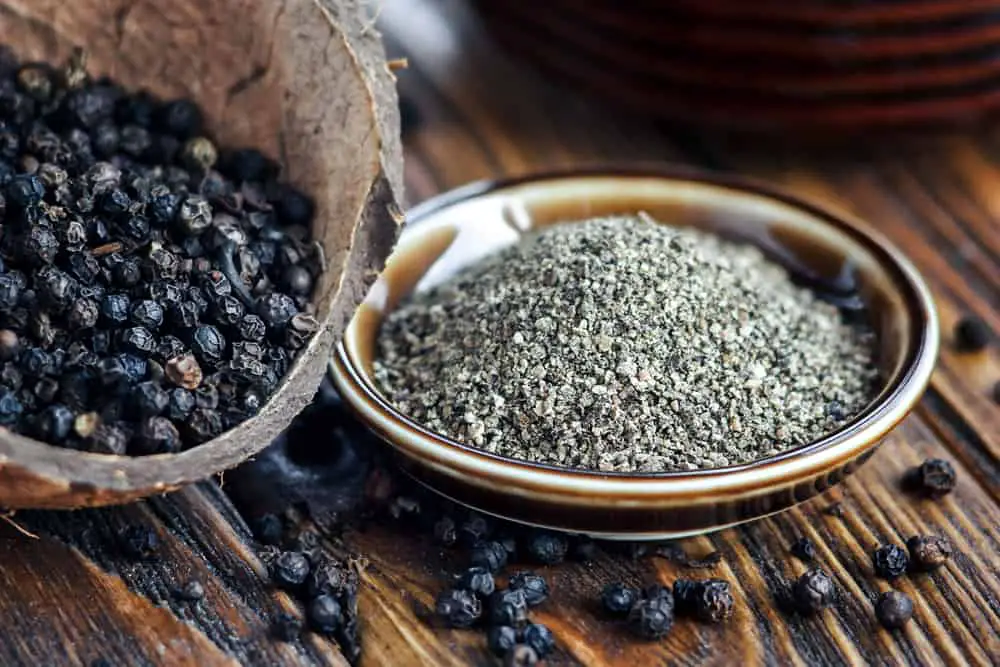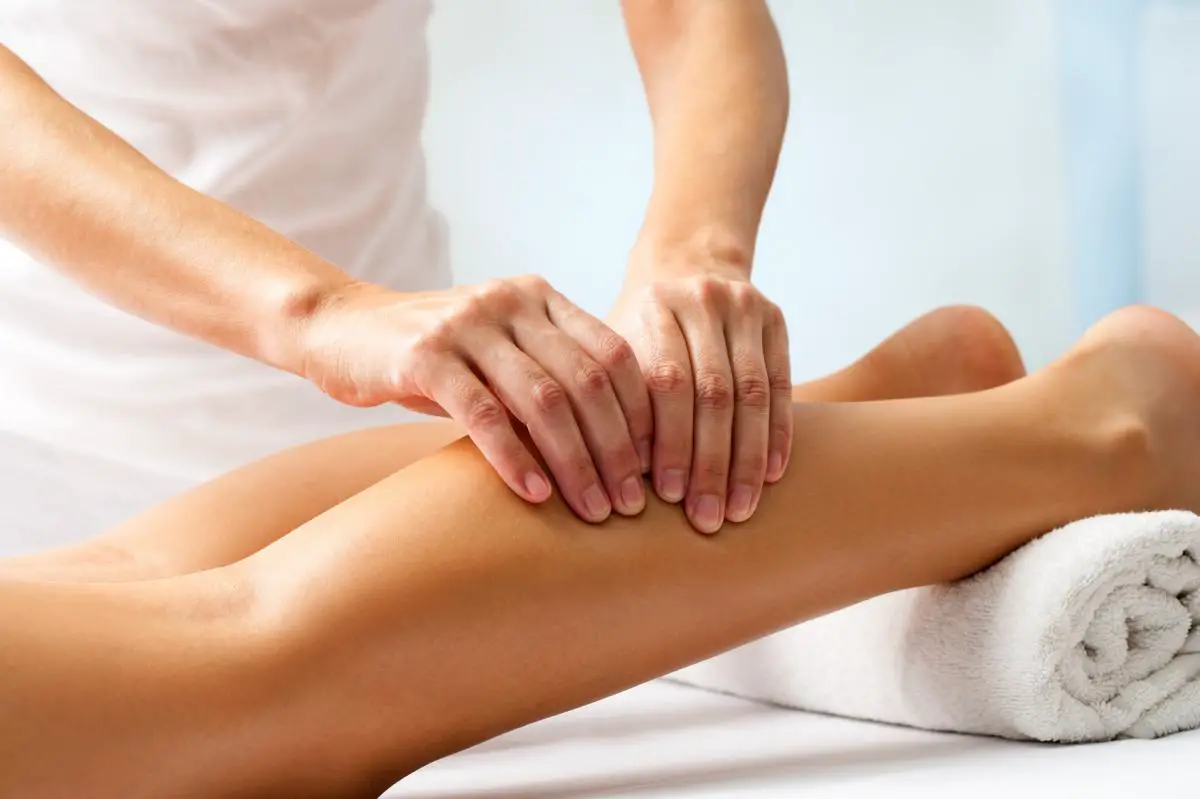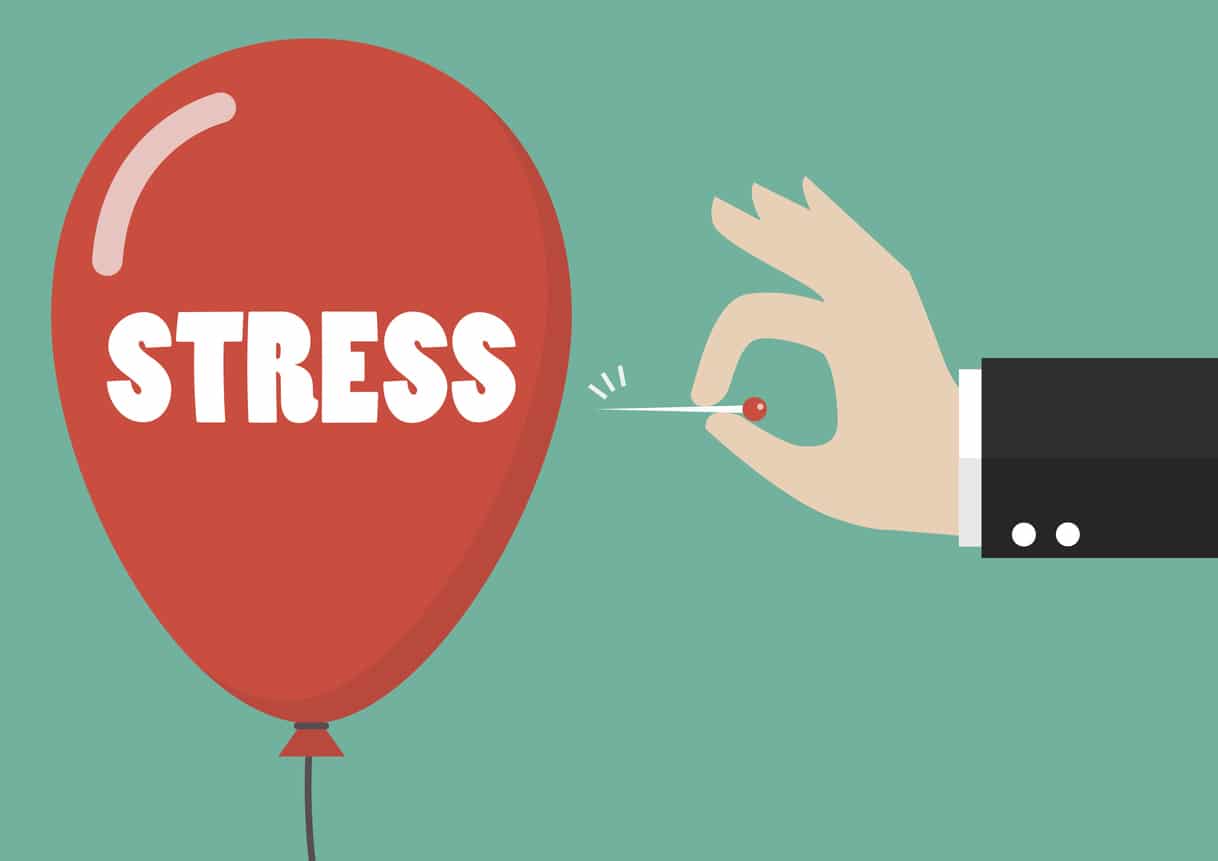Stroke is simply an attack on the brain, this affects the part of the body that the brain controls. It leads to disabilities and sometimes paralysis.
Stroke can be handled naturally as a lot of people are worried about being placed on drugs for a lifetime and these drugs have undesirable side effects. Blood thinning medications also increases the risks of a second stroke through bleeding (hemorrhage).
The best remedy for stroke is more of preventive measures but if you’ve had a stroke already, there are still home remedies that can help you alongside your medications.
However, there are some herbs that shouldn’t be taken along with stroke medications, this includes ginger and garlic. So check with your doctor or naturopath before taking any herb if you’ve already been placed on medications.
The home remedies for stroke that can help you recover fast and improve your overall health are:
- Eat only nutritious and balanced diet
- Exercise regularly
- Quit smoking and protect yourself from second-hand smoke
- Increase your intake of herbs (on doctors watch)
- Lose weight and try to maintain a healthy weight
- Eat nutritious and well-balanced meals always and a lot more that we will be learning in this post.
1. Ashwangandha
This powerful herb is also known as “Indian Ginseng”, it is an adaptogen that can help improve the overall health of stoke patients. It has a lot of positive effects on your mitochondria, cognition, and apoptosis.
Ashwangandha tea and capsules are available in a good health store. Take the capsules according to prescriptions.
2. Horsetail
Horsetail is rich in silica and this nutrient helps maintain the elasticity and functions of the connective tissues of the arteries.
It makes the arteries impermeable to harmful lipids and it prevents the formation and deposits of plaque in the arteries.
Brew the leaves and take a cup of this tea three times daily, or you juice the leaves and take a tablespoon of this three times daily.
3. English Pea
This legume contains genistein, a phytonutrient that fights cancer, this nutrient also has an anti-clotting effect thereby preventing heart attack and ischemic stroke.
Other rich sources of genistein are soybeans, soy products, beans, scurfy beans (has more genistein than soybeans), and legumes in general.
4. Kava kava
This improves the flow of oxygen to the brain and protects the brain from oxygen deprivation. You can get the capsules from a good health store.
Get a standardized extract containing 30% kavalactones and take 250 milligrams two times daily. Please stick to the prescription and don’t exceed the recommended dose because this herb can cause drowsiness when taken in excess.
Pregnant and nursing women should avoid this herb, also individuals with Parkinson’s disease and those on medications for anxiety and depression should avoid this herb.
5. Ginger
Ginger is regarded as a cardiac tonic, it treats poor circulation of blood and decreases the levels of cholesterol. It also prevents excessive blood clots and improves your overall health.
Take ginger tea three times daily, you can use the fresh root or the powder, you can also use ginger in cooking, it is a wonderful spice, and it will improve the taste and aroma of your food.
Ginger capsules are also available but if you choose to take ginger tea, I will show you how to brew it.
Pound, grate or slice fresh ginger root, as much as you can handle and boil in two cups of water. When it boils, take it off heat and leave it to get warm, and then sieve it before drinking.
6. Grapes seed extract and pine bark
These herbs are very rich in proanthocyanidins, these compounds increase the strength of weakened blood vessels thereby preventing rupture or hemorrhagic stroke.
Get the capsule from a reputable health store and take 25 to 50 milligrams two or three times daily.
7. Willow
Willow bark is an herbal aspirin, it contains a low dose of aspirin and in several studies, it has been noted that this herb reduces the risk of ischemic stroke by 18%.
Make tea using willow bark, wintergreen or meadowsweet, pout 2 teaspoons of any of these dried herbs to hot water or cold lemonade and take 2 or 3 cups daily.
Willow bark and other aspirin-like herb are highly effective in treating and preventing ischemic stroke, consult with a doctor or naturopath before using it for hemorrhagic stroke since they are powerful anticoagulants and can increase the risks of bleeding.
If you are allergic to aspirin, you have to avoid these herbs.
8. Salmon
Eating 3 or more of this fish a week reduces your risks of stroke by 6 to 12%, this fish and other oily fish like mackerel and tuna are rich in omega-3 fatty acids.
This nutrient reduces inflammation in your blood vessels (the arteries), and it also boosts circulation and reduces the chance of blood clots. Reduce your intake of processed meats and red meats because they clog your arteries with saturated fats.
9. Ginseng
This herb has powerful therapeutic effects on acute ischemic stroke, you can combine both ashwangandha and ginseng, they hasten recovery and fight muscle weaknesses and fatigue.
Ginseng capsules are available, the tea also is available. Take it according to your naturopath’s prescriptions.
10. Oatmeal
This food help lower the levels of bad cholesterol in your body, thus healing and preventing stroke.
When the levels of bad cholesterol are high in your body, it can lead to the formation of plaques in your arteries and this can block the flow of blood to your brain thereby, leading to an ischemic stroke.
Oatmeal also reduces your risks of heart disease, start your day by consuming ¾ cup serving of oatmeal, this gives you 15% of your daily recommended soluble fiber which helps eliminate excess cholesterol from the body.
11. Pineapple
An enzyme called bromelain is present in pineapples, it is well-known for breaking down proteins and it is a main ingredient in meat tenderizers.
Bromelain also has anti-clotting abilities and this helps in the prevention of ischemic stroke and heart attack.
12. Sweet Potatoes
This fiber-rich food is also dense with antioxidants which prevent the build-up of plaques in your arteries. Eat this daily in many ways as you can and it will improve your condition.
13. Turmeric
The active compound in turmeric, called Curcumin, prevents the formation of blood clots in the body. it is one of the most important herb in Ayurveda and a key ingredient in Indian dishes.
Take turmeric tea, prepare it in the same way as ginger tea and you can also add it to your meals. Turmeric capsules and supplements are also available.
14. Bananas
Bananas are storehouses of potassium, this vital mineral helps reduce high blood pressure, one of the major causes of stroke and heart disease.
Eating lots of potassium-rich foods reduces your risks of stroke by 24% says a study. Go for green bananas than the yellow ones when you want to reduce your blood pressure.
15. Berries
Forest fruit berries overhead assorted mix in studio on dark background with raspberries, blackberries, blueberries, red currant.Berries such as blueberries, huckleberries, and bilberries are rich in anthocyanidins, these compounds break down deposits of plaque lining the arteries and they also prevent the formation of blood clots.
Bilberries also maintain healthy capillaries and protect them from rupture. These fruits prevent ischemic stroke without increasing the risks of a hemorrhagic stroke.
Herbalists believe that a glass of huckleberry juice, when taken at least twice a week can help prevent strokes.
16. Pumpkin Seeds
Pumpkin seeds are rich in magnesium and this reduces the risks of stroke by 22%. Take 2 tablespoons of pumpkin seeds daily to give you 18% of your daily recommendation of magnesium.
Other rich sources of magnesium are black beans, spinach, buckwheat, and barley.
17. Gingko Biloba
This is a great remedy for the brain damage, it improves brain health in stoke patients and it relieves neurological deficits and cognitive decline in people who had ischemic stroke.
It prevents brain damage after a stroke and it also increases the levels of enzymes that that get rid of free radicals in the brain of stroke patients and even in healthy individuals.
Gingko is used traditionally in treating memory loss and other brain problems and it also protects the neurons of the brain from damages. It prevents the formation of blood clots, one of the risk factors of stroke.
It also teats dizziness and balance problems it reduces the fragility of the blood vessels, especially the capillaries thereby preventing hemorrhagic stroke.
Don’t take this herb 36 hours to surgery and those on blood thinning medications should avoid it or meet their doctor to adjust the dose of the medication so that they can use this herb.
This herb is available in the form of capsules and teas. It should be taken daily.
18. Kale
Kale and other leafy greens prevent stroke, they are rich in magnesium and other vital nutrients that help treat and prevent stroke.
Magnesium is a natural vasodilator, it widens and opens up your blood vessels and protects the innermost layer of the walls of your blood vessels (the endothelium).
It prevents excessive influx of calcium which is toxic and damaging to your blood vessels and arteries.
19. Evening Primrose
Evening primrose essential oil is highly dense in gamma-linolenic acid (GLA) and this compound has a powerful anti-clotting effects. It even lowers high blood pressure and it reduces the risks of heart disease and stroke.
Another wonderful oil rich in GLA is borage oil.
20. Almond
Eat a handful of almonds daily to help prevent strokes, it reduces the levels of bad cholesterol in the body. One serving of nuts provides you with 9 grams of monounsaturated fats which help reduce bad cholesterol and increase the levels of good cholesterol.
Almonds are also rich in vitamin E, this essential vitamin stops the build-up of plaques in your arteries.
21. Carrots
Consumption of carrots in addition to spinach reduces the risks of stroke in women according to a Harvard study of 87,245 nurses. The women who ate five servings of carrots a week had a 68% reduction in their risks of strokes than women who ate carrots less than twice a month.
Carrots are super-rich in beta-carotene and other carotenoids of the vitamin A family. These reduce the risk of stroke by 54%. So increase your intake of carrots and also include it in your meals.
You can also make carrot juice or add carrot to vegetable smoothie such as spinach, you can add ginger and garlic to the smoothie to boosts it effectiveness. You can also add turmeric to boosts its healing power and give it a wonderful orange color.
22. Psyllium Husk
This is a fiber gotten from the Plantago ovata herb, its husks is available in the form of capsules or powder and due to its immense health benefit and rich content of soluble fiber, it is a well-known dietary supplement.
Dietary fiber binds to bad cholesterol in the body and expels them out of the body, it also binds to bile acids in the intestines and increase the excretion of bile acids.
This helps in reducing the formation of plaque in the arteries thereby reducing the risks of stroke. Take 2 tablespoons of Psyllium daily.
23. Astragalus
Astragalus is highly effective in improving tissue oxygenation, add it to your diet regularly or you look for the extract from reputable health store and take.
Take 250 mg of this four times daily or according to prescriptions.
24. Garlic
Garlic is a storehouse of ajoene molecules, these compounds reduce platelet aggregation (excessive blood clumping) that can create blood clots and lead to stroke.
Raw garlic fights blood clots, try and take 3 to 4 cloves of garlic daily, peel them and cut them into tiny pieces using a knife and expose them to air for 30 seconds.
Then swallow them using a glass of warm water. Garlic also has the ability to cure paralysis, one of the health complications of stroke. When taken daily, you can see the effects within two months.
25. Apple Cider Vinegar
This is one of the most popular natural remedies for stroke, it prevents the hardening of the arteries and it also controls the levels of cholesterol in the body.
ACV also has blood thinning properties, it increases the flow of blood to the brain thereby preventing a stroke. Take this liquid daily, add two tablespoons of ACV to a cup of warm water and drink.
Don’t take it orally in its undiluted form, you have to dilute it with either water or any beverage or drink of your choice before taking it.
26. Dark Chocolate
Dark chocolate have powerful stroke-fighting effects while milk chocolate is high in fats and sugar.
Dark chocolate is rich in flavonoids, a powerful phytonutrient that fights abnormalities in the body.
27. Calamus
This herb helps in reviving and restoring brain tissues that have been damaged by stroke, it is available in capsules, tincture, and infusion.
Take 3 to 9 grams of the standard infusion or you take 10 to 30 drops of the tincture.
28. Nuts
Nuts cuts the risks of stroke in half and in the US alone, this can prevent 89,000 strokes yearly.
29. Pigweed (Amaranthus)
Pigweed is a rich source of calcium, an important mineral that reduces the risks of heart disease and ischemic stroke. Add these leaves to your meals, you can also make smoothies with it or you use them in your salads.
30. Citrus Fruits
Citrus fruits such as oranges, lemons, and limes reduce the risks of stroke by 19%, they are rich in flavonoids and other phytonutrients that can help treat and prevent stroke.
31. Cayenne pepper
Cayenne pepper helps in improving the function of the heart and circulation of blood without raising your blood pressure. It also makes other drugs and herbs effective when taken together.
You can add half teaspoon of ground cayenne pepper to a cup of warm water and drink do this twice or three times daily. You can also take the capsules, 100 mg twice daily is recommended and it should be taken with meals.
32. Tomatoes
Tomatoes are dense in lycopene and this powerful phytonutrient reduces the risks of stroke significantly.
According to a study, people who take a lot of lycopene have 55% reduction in their risks of stroke.
33. Black Garlic
Black garlic prevents ischemic stroke in many ways, the three main ways it does this is by reducing blood pressure, by acting an as anticoagulant, and by also reducing the levels of cholesterol.
Black garlic is the best anti-clotting herb, although the white one can serve the same purpose. It has nine anticoagulant compounds and it is a major herb used in preventing heart attack because of its powerful blood thinning effects.
Studies have shown that taking raw garlic prevents platelets from sticking to the walls of your blood vessels thus promoting healthy blood flow.
You can take in raw garlic, get 3 to 4 cloves of raw garlic, peel and cut into tiny pieces. Expose these pieces to the air for few seconds and then you swallow them using a cup or more of warm water.
Garlic capsules are also available. Please ask your doctor if this remedy is safe for you especially if you have been placed on medication or if you have hemorrhagic or ischemic stroke.
34. Mustard Oil
This essential oil is highly effective in curing paralysis, you might not see immediate result, but will continuous use, the patient can recover the use of his body parts affected by paralysis.
Apply mustard oil on the affected part and massage, do this many times daily and ghee can also be used in place of mustard oil.
35. Green tea
This is one of the most potent free radical scavenging herbs and it protects against peroxidation of lipids which is a contributing factor in atherosclerosis, a risk factor for stroke and heart disease.
Choose a decaffeinated and standardized extract, it should contain at least 50% of catechins and 90% of total polyphenols. Take 300 to 500 milligrams of green tea daily to reduce your risks of strokes.
36. Nigella Sativa Oil
This also cures paralysis, apply lukewarm nigella sativa oil on the affected part and massage. You can also take in 3 tablespoons of this oil daily.
You should see positive results within one month to 45 days.
37. Spinach
Spinach is rich in folate and this vital nutrient reduces the risks of stroke and heart disease. It prevents narrowing of the arteries, especially the carotid artery which leads to the brain.
Other rich natural sources of folate are pigweed, okra, papaya, asparagus, endive, and cabbage.
38. Black Pepper
This is another effective cure for paralysis, take 50 to 60 grams of black pepper and cook it in mustard oil. Apply this lukewarm oil on the affected part and massage.
In a short while, you should get relieved.
39. Hawthorn
This powerful herb slows down or prevents the progression of atherosclerosis. This, in turn, reduces the risks of strokes.
Buy a standardized extract containing 1.8% vitexin-2 rhamnosides and take 100 to 200 milligrams two times or three times daily.
40. Pomegranate
Pomegranates are dense in phytosterols and antioxidants, phytosterols are plant steroids that help reduce high levels of cholesterol in the body.
When taken together with low-dose statin therapy or regular cholesterol-lowering drugs, it makes them more effective and reduces the side effects of these drugs like muscle pain.
41. Massages
Massages help increase the flow of the blood to the affected part of the body, it also heals muscle problems, increases health, decreases pain, and improves your movement after stroke.
Get yourself a therapist to help massage your affected body part at least once daily.
42. Avoid Stress
High and constant levels of stress have been linked to stroke, reduce your risks of stroke by avoiding stress or you learn how to manage it effectively.
You can learn some relaxation techniques and you also increase your intake of adaptogenic herbs like ginger, they help relieve stress and relax your body.
You can also make use of aromatherapy to relieve stress, essential oils good in relieving stress are lavender, peppermint, and ginger essential oil. Inhale these oils or diffuse them in your room so you can inhale them properly.
References/Sources;
- Benefits of Nuts for Stroke Prevention NutritionFacts.org
- Dietary flavonoids and risk of stroke in women NCBI
- Chocolate & Stroke Risk NutritionFacts.org
- Consumption of whole grains and cereal fiber and total and cause-specific mortality: prospective analysis of 367,442 individuals NCBI
- Pleiotropic effects of garlic NCBI
- Serum lycopene decreases the risk of stroke in men NCBI
- Vitamin D deficit doubles risk of stroke in whites, but not in blacks ScienceDaily
- Herbal Medicines for Ischemic Stroke: Combating Inflammation as Therapeutic Targets ResearchGate
- Does touch massage facilitate recovery after stroke? BMC
- Effect of increased potassium intake on cardiovascular risk factors and disease: systematic review and meta-analyses. NCBI
- Intakes of potassium, magnesium, and calcium and risk of stroke. NCBI
- High stress, hostility, depression may up stroke riskHigh stress, hostility, depression may up stroke risk Heart.org

